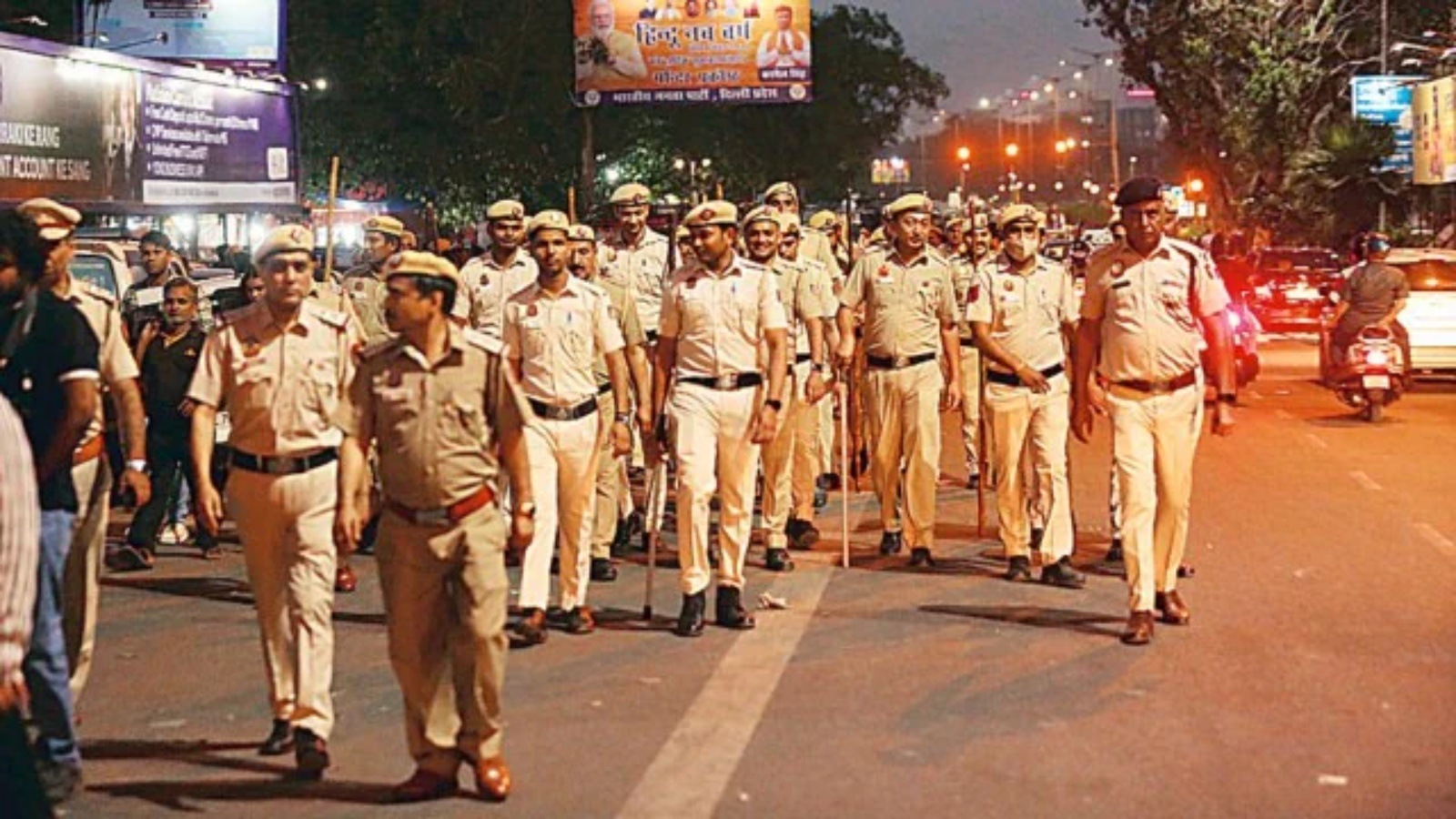Karnataka HC declines relief to Bengaluru head constable accused of corruption
In 2017, head constable Manjanna was arrested red-handed with an alleged bribe amount of Rs 10,000. He had allegedly demanded the money to close a case.
 In 2017, the policeman, Manjanna, had allegedly demanded a bribe of Rs 20,000 to close a case, after which the other party had agreed to pay Rs 10,000. (Source: File/Representational)
In 2017, the policeman, Manjanna, had allegedly demanded a bribe of Rs 20,000 to close a case, after which the other party had agreed to pay Rs 10,000. (Source: File/Representational)The Karnataka High Court has rejected an appeal by a head constable of the Bengaluru police against a 2021 judgment which held him guilty in an alleged bribery case, saying that “benefit of doubt cannot be extended in favour of the accused only on minor discrepancies”.
The order was passed on May 2 by a single-judge bench of Justice H P Sandesh and was recently made available.
In 2017, the policeman, Manjanna, had allegedly demanded a bribe of Rs 20,000 to close a case, after which the other party had agreed to pay Rs 10,000. A phone conversation on the alleged deal was recorded. A complaint was lodged regarding the issue, and Manjanna was arrested after the bribe amount of Rs 10,000 was allegedly recovered from him after a trap was laid. His hands also turned pink when subjected to a chemical wash, due to the chemical phenolphthalein applied to the bribe money.
Subsequently, two sentences of three years and four years in jail were imposed on him by a trial court, based on different sections of the Prevention of Corruption Act.
Arguing against the conviction, Manjanna’s counsel stated that the alleged phone conversation had not been proved, and that he had been asked to remove the alleged bribe money from a sealed cover. It was argued that the relevant sections of the Prevention of Corruption Act would not be invoked over mere recovery of money since no official work was pending with the accused with regard to the complainant.
Against this, the prosecution counsel pointed out that the accused need not be in a position to do the promised act for which the bribe was demanded, as per a judgment of the Supreme Court.
The court observed that the report of the forensic science lab was not in favour of the accused, and minor issues in the evidence collected would not affect the case as a whole. “Benefit of doubt cannot be extended in favour of the accused only on minor discrepancies …. the foundational material are found that there is a demand and acceptance (of bribe)….the evidence of the prosecution witness is also clear that the sample voice of the accused and also the voice which was found both are same,” the court explained.
Having made these observations, the high court rejected the appeal.







